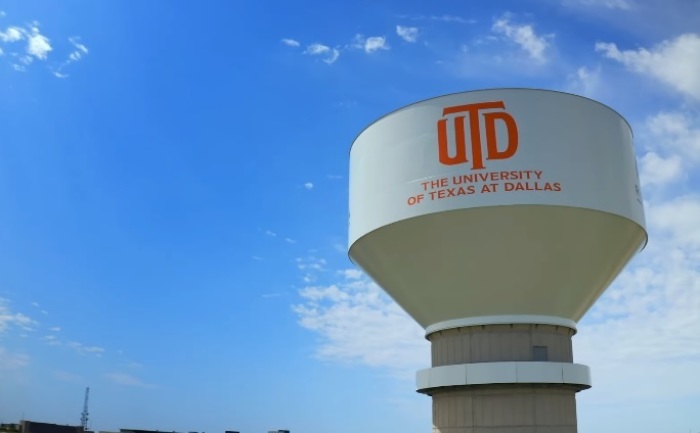
A Christian fellowship and other student organizations are challenging a recently enacted state law that limits who can participate in college campus protests and where they can happen.
The Fellowship of Christian University Students at the University of Texas at Dallas (FOCUS) and five other groups filed a lawsuit on Wednesday in the U.S. District Court for the Western District of Texas, Austin Division, against the Campus Protection Act that went into effect last month.
Other plaintiffs include The Retrograde student newspaper, Young Americans for Liberty, Inc., the Texas Society of Unconventional Drummers, Strings Attached and a University of Texas at Austin student named Zall Arvandi.
Introduced by state Sen. Brandon Creighton and signed into law by Gov. Greg Abbott in June, SB 2972 amends Section 51.9315 of the Texas Education Code to clarify where and how students can demonstrate on college campuses.
The complaint contends that the “Act’s unbounded speech restrictions give campus officials a potent tool to cudgel most any speech — or speaker — they dislike into silence.” The complaint takes issue with the new law’s restrictions on speakers who are not affiliated with the campus, specifically regarding certain campus activities.
“FOCUS relies on ministers who are not students or university employees to visit campus and lead worship, offer spiritual guidance, and participate in events that advance the student group’s mission,” reads the lawsuit.
The complaint also took issue with the time limits for campus activities, which the law prohibits from taking place between the hours of 10 p.m. and 8 a.m.
“While UTD FOCUS sets these events to end at 10 P.M., students regularly stay in and around the meeting space afterward to discuss issues of faith, continue fellowship, and talk with FOCUS’s ministers,” the complaint states.
“UTD FOCUS also offers morning one-on-one meetings on campus with UT Dallas students and staff to discuss issues of faith. In the past, these meetings sometimes have started before 8 A.M.”
The plaintiffs are being represented by the Foundation for Individual Rights and Expression, a nonpartisan free speech advocacy organization based in Philadelphia, Pennsylvania.
“This law gives campus administrators a blank check to punish speech, and that authority will inevitably be used to target unpopular speech,” said FIRE attorney Adam Steinbaugh in a statement.
“Administrators have plenty of ways to prevent disruptive conduct that do not involve such a broad censorship mandate.”
Defendants named in the lawsuit include members of the Board of Regents of the University of Texas System, University of Texas System Chancellor John Zerwas, UT at Austin President James Davis and UT at Dallas President Prabhas Moghe.
The passage of SB 2972 followed a wave of pro-Palestinian demonstrations that occurred on campuses across the United States against Israel’s war against Hamas in Gaza following the Oct. 7, 2023, terror attack in southern Israel. Reports surfaced of such protests involving antisemitic rhetoric and disruption of normal campus activities.
Under SB 2972, university governing boards “shall designate the areas on the institution’s campus that are public forums, consistent with the First Amendment to the United States Constitution and Section 8, Article I, Texas Constitution.”
“Nothing in this section limits the authority of an institution of higher education to adopt rules differentiating between the rights of students and employees to engage in expressive activities on campus and those of persons not affiliated with the institution,” the law states.
The legislation limits “expressive activities” on campuses, such as protests, to “students enrolled at and employees of the institution.” It prohibits participants from wearing disguises and erecting tents or other “living accommodations.”
Late last month, as the law took effect, the University of Texas System Board of Regents updated its free speech policy to be compatible with SB 2972.















